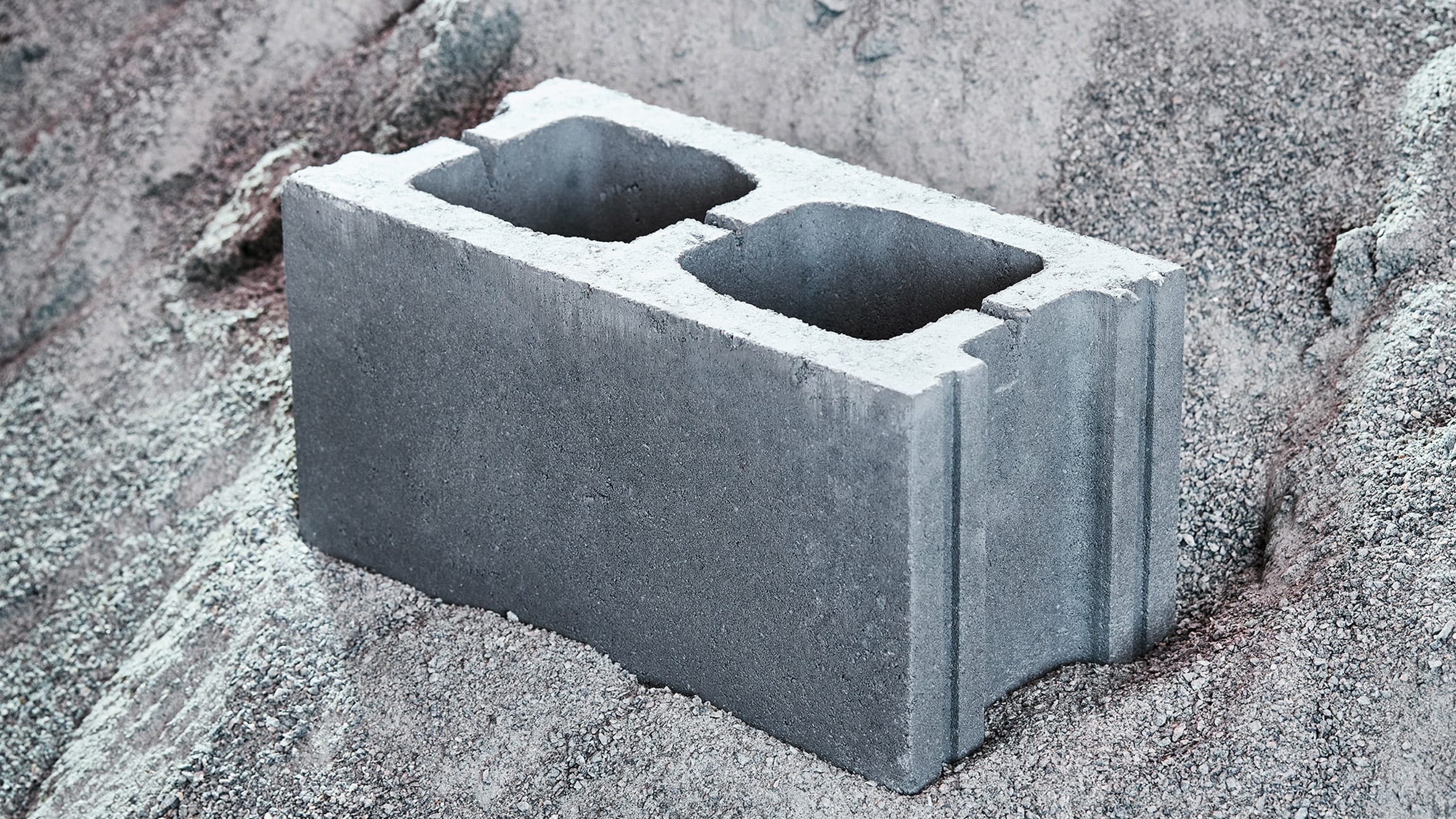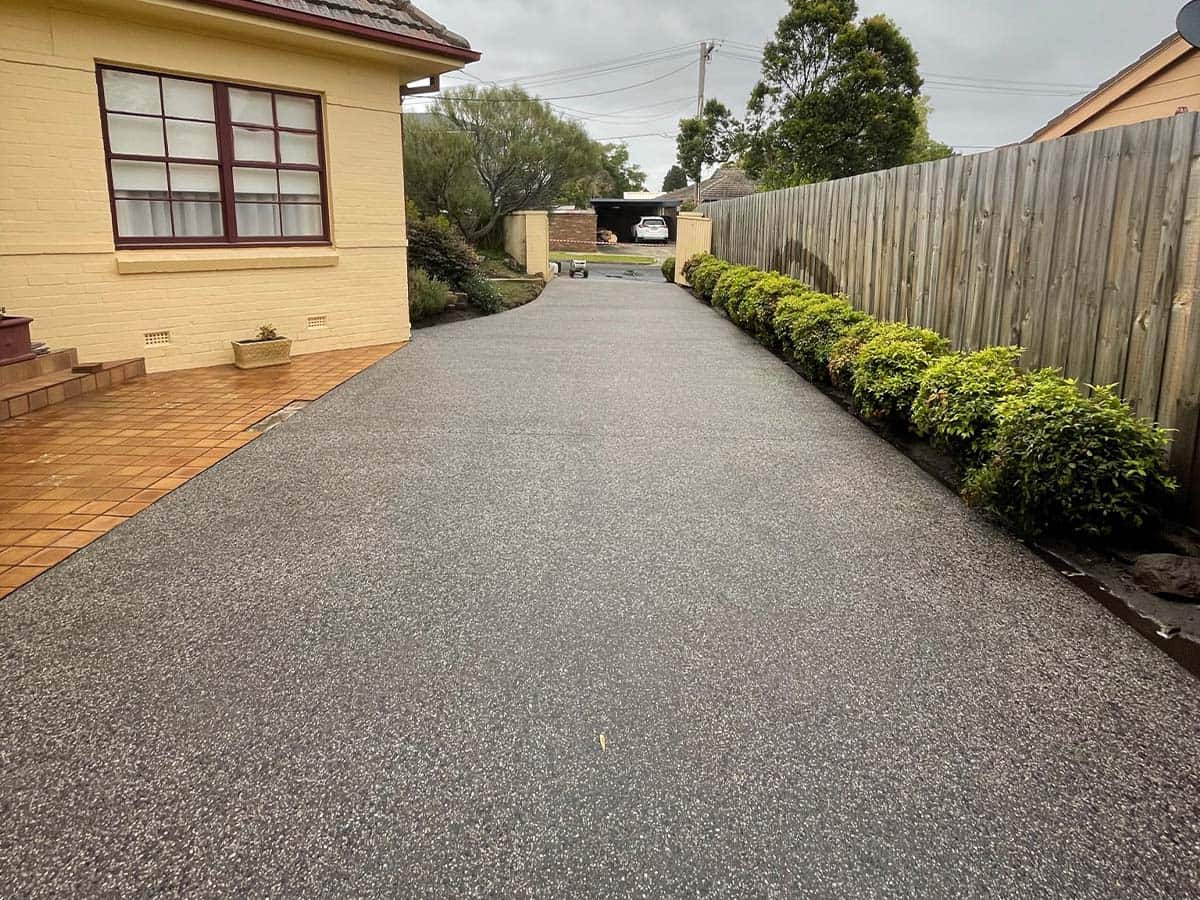Ingenious Concrete Design: Boost Your Building with Custom-made Concrete Work
Ingenious Concrete Design: Boost Your Building with Custom-made Concrete Work
Blog Article
Unveiling the Eco-Friendly Advantages of Making Use Of Recycled Concrete in Sustainable Building Practices
In the realm of lasting construction methods, the use of recycled concrete stands as a pivotal yet frequently underestimated resource. Beyond its conventional applications, recycled concrete deals a myriad of environment-friendly benefits that expand far past the confines of traditional building materials.
Environmental Benefits
By including recycled concrete into building and construction methods, there is a considerable decrease in the requirement for new raw products, leading to conservation of natural resources. Additionally, the use of recycled concrete diminishes the quantity of waste being sent to landfills, therefore lowering ecological pollution and alleviating the stress on garbage dump capacities (Concrete).

In addition, the manufacturing of typical concrete is a considerable source of carbon discharges due to the energy-intensive procedure of concrete manufacturing. On the other hand, recycled concrete has a lower carbon footprint as it decreases the demand for new concrete production. This reduction in carbon emissions adds to mitigating climate modification and supports lasting building and construction practices. On the whole, the ecological advantages of utilizing recycled concrete are substantial and play a vital duty in promoting green building and construction methods.
Cost-Efficiency
Attaining cost-efficiency is a paramount factor to consider when assessing the usage of recycled concrete in construction tasks. One of the vital benefits of using recycled concrete is its cost-effectiveness compared to typical concrete.
Additionally, making use of recycled concrete can result in financial savings in land fill costs by diverting concrete waste from disposal sites. This not only reduces the environmental impact but also eliminates the prices related to waste removal. The resilience and performance of recycled concrete are equivalent to conventional concrete, making sure that expense financial savings do not compromise the quality of the building.
Sturdiness and Strength
Considering the substantial cost-efficiency advantages of using recycled concrete, it is imperative to analyze its toughness and stamina in construction applications. Recycled concrete deals equivalent, if not superior, durability and stamina homes to conventional concrete. Via improvements in processing strategies and quality assurance, recycled concrete can meet or go beyond the performance criteria of conventional concrete. The process of recycling concrete entails crushing, arranging, and screening old concrete to produce accumulations that can be utilized in brand-new building projects. These recycled aggregates are capable of offering acceptable compressive toughness, resilience, and lasting efficiency.

Waste Reduction
Reliable waste reduction practices play a critical role in the lasting utilization of resources within the building sector. Waste decrease is a vital advantage that adds dramatically to environmental preservation when it comes to making use of recycled concrete. Traditional construction methods commonly produce significant quantities of waste, specifically in the kind of concrete debris from demolition websites. By integrating recycled concrete into building jobs, this waste is repurposed and diverted from landfills, reducing the overall environmental impact of building activities.
In addition, the usage of recycled concrete can lead to cost financial savings for construction jobs, as it is often extra budget-friendly than sourcing and transferring new products - Concrete. In conclusion, waste reduction via the utilization of recycled concrete is a crucial component of sustainable building and construction techniques that profits both the environment and the construction sector as a whole.
Power Conservation
Power preservation is a critical element of sustainable building techniques, aiming to decrease the general energy usage related to structure procedures and materials production. When it involves using recycled concrete in construction, considerable power cost savings are attained contrasted to typical concrete production. The procedure of creating recycled concrete includes recycling and squashing existing concrete products, which eats less power than mining, handling, and transporting basic materials for brand-new concrete manufacturing. Furthermore, the use of recycled concrete can help lower the need for virgin aggregate, further decreasing the energy-intensive extraction and processing of all-natural sources.
Conclusion
Finally, the application of recycled concrete in lasting building practices supplies many environmental advantages, cost-efficiency, longevity, stamina, waste reduction, and power conservation. By integrating recycled concrete into construction tasks, we click over here now can contribute to a continue reading this more eco friendly and lasting future. It is vital for the construction market to focus on using recycled products to help minimize the ecological influence of construction activities.
One of the key benefits of making use of recycled concrete is its cost-effectiveness contrasted to typical concrete.In addition, the use of recycled concrete can lead to cost savings in landfill expenses by drawing away concrete waste from disposal websites. The durability and performance of recycled concrete are equivalent to traditional concrete, ensuring that expense financial savings do not jeopardize the quality of the construction.

Report this page